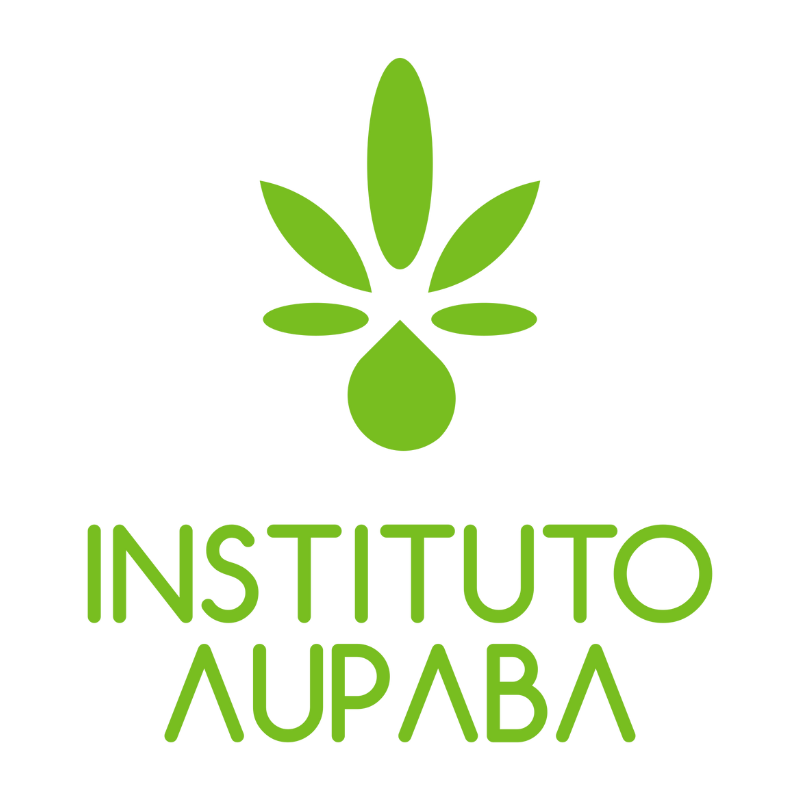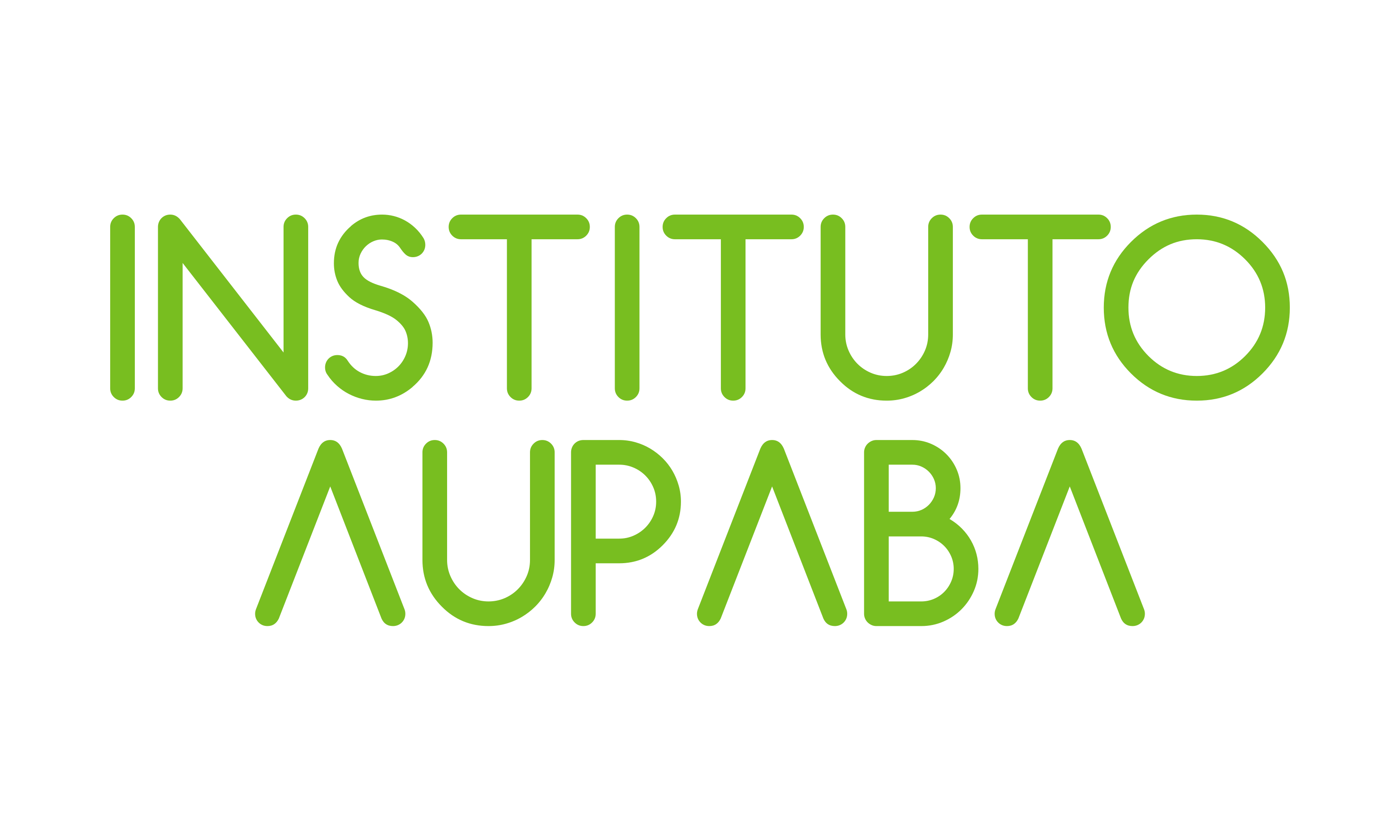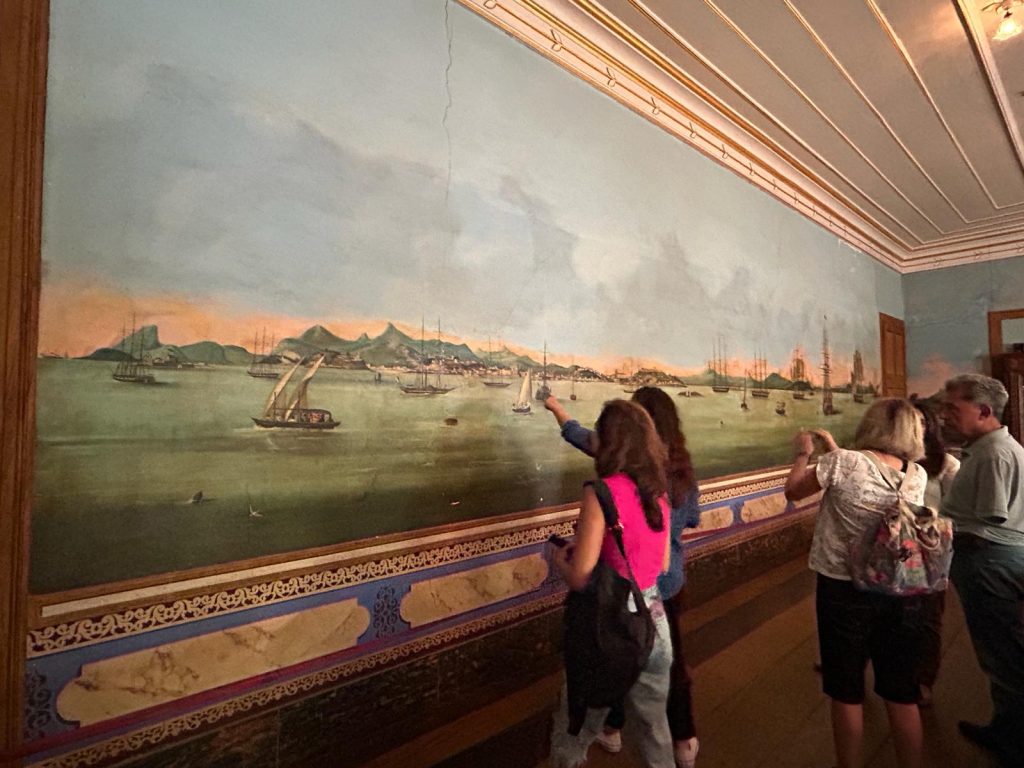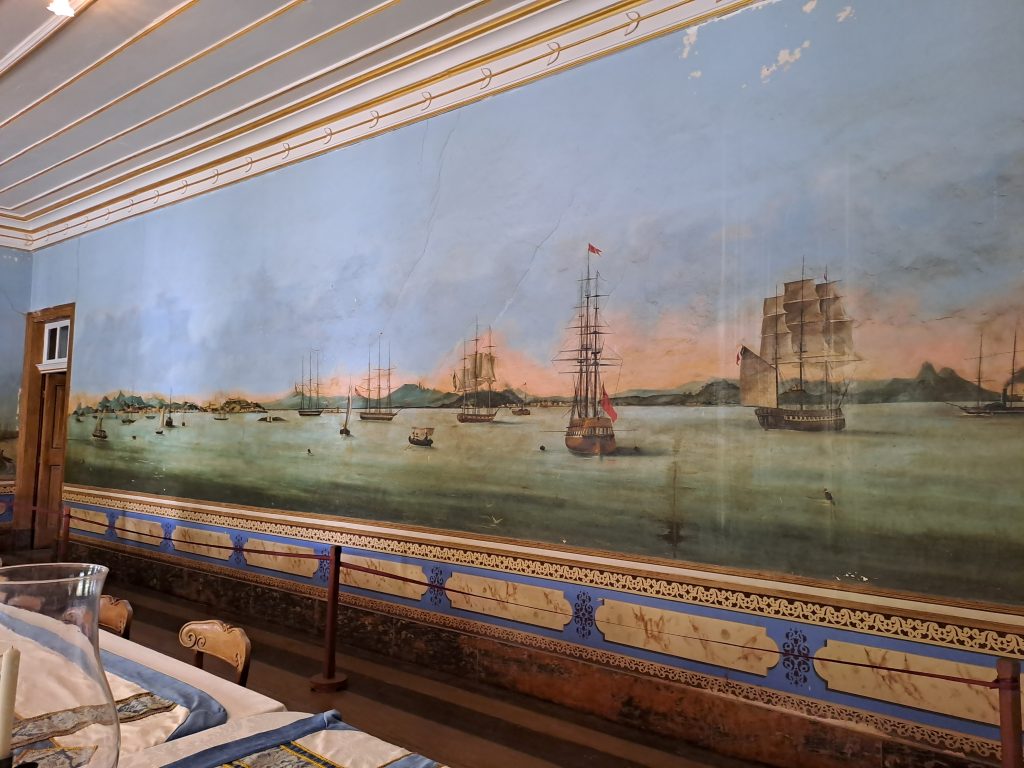Paths of Villaronga
Paths of Villaronga The Cultural Wealth of the Paraíba Valley Gains a New Chapter with the Launch of the Illustrated Tourist Guide Project by the Instituto Aupaba, supported by the Government of Catalonia, launched on November 4 at the Cazuza Cultural Center, in Vassouras Download your free e-book here! From Catalonia to the […]
Paths of Villaronga Read More »






